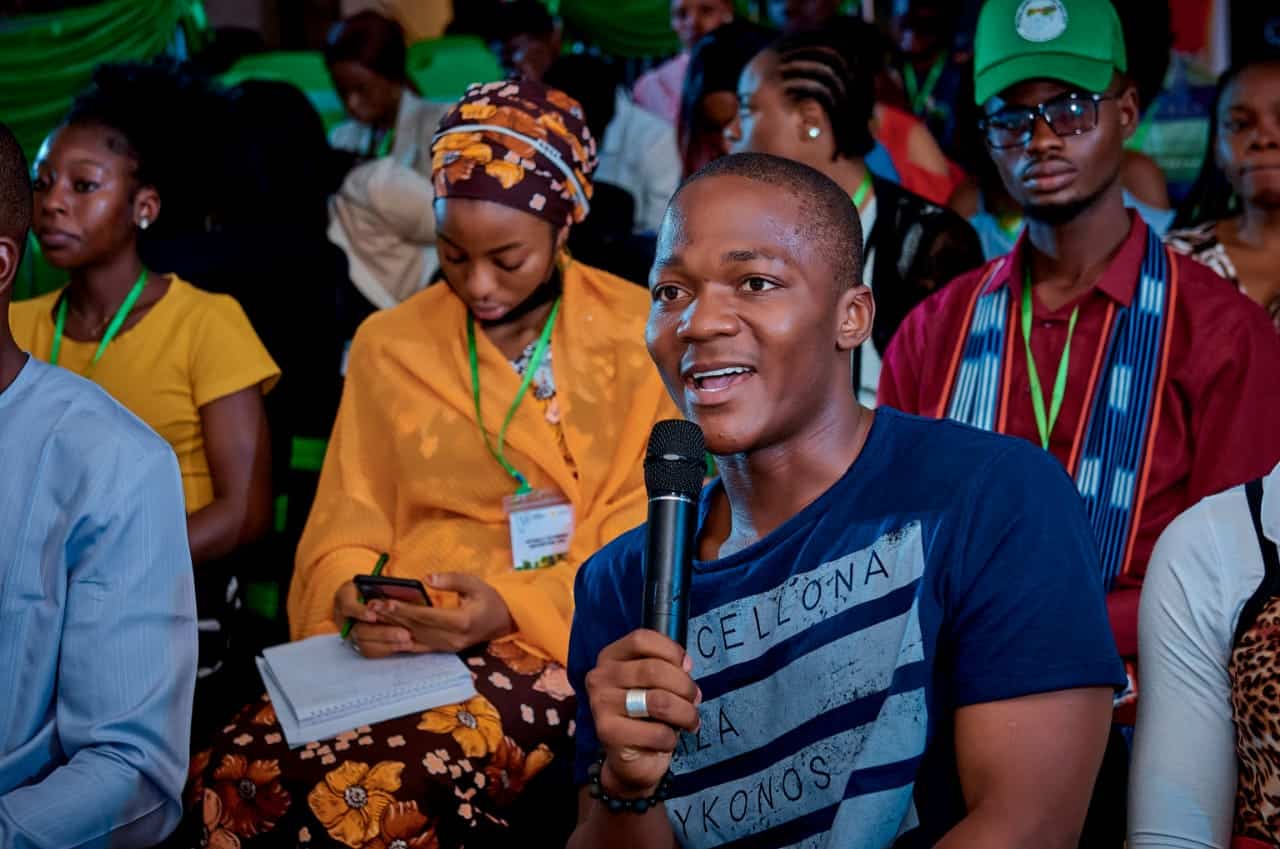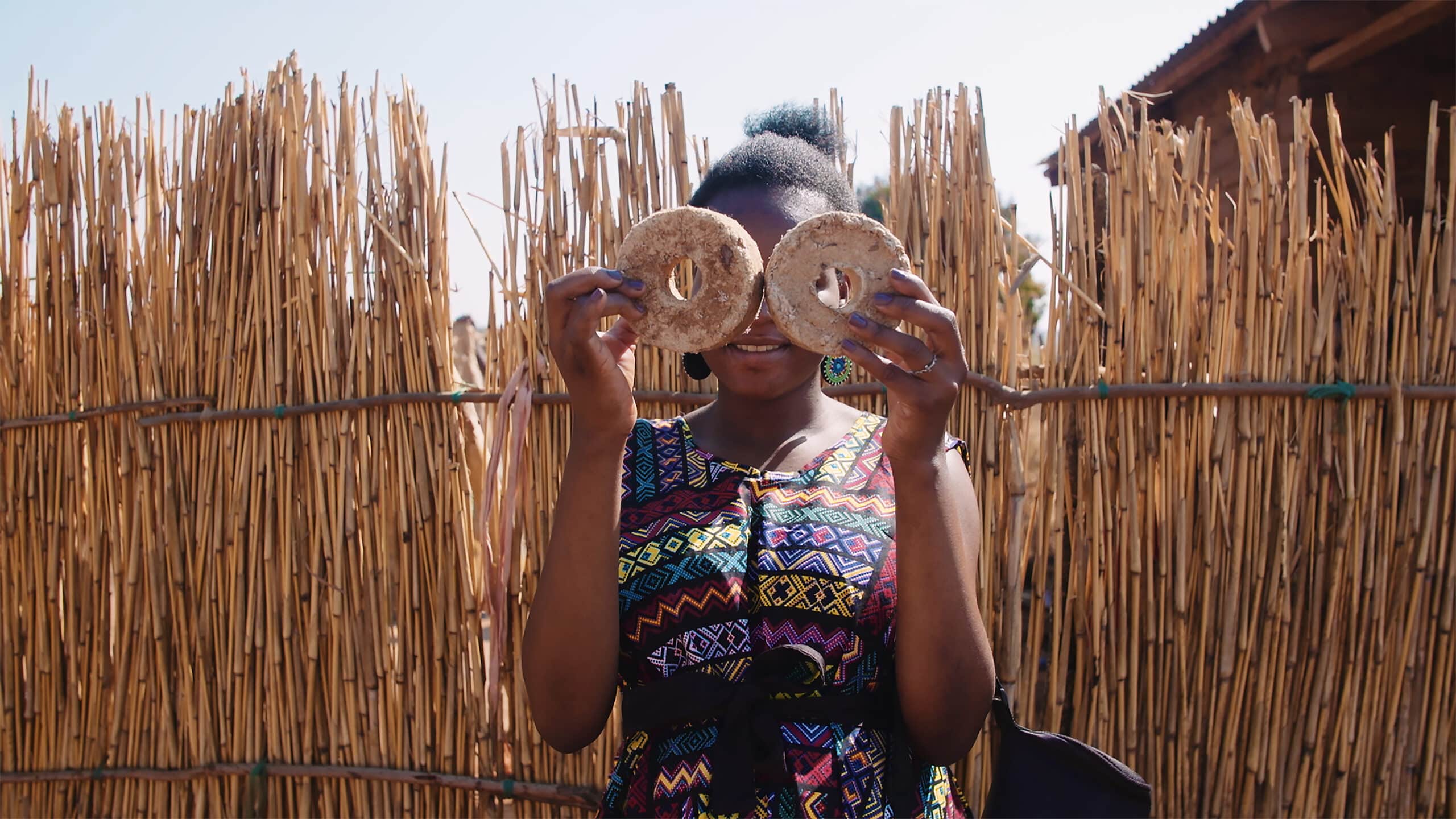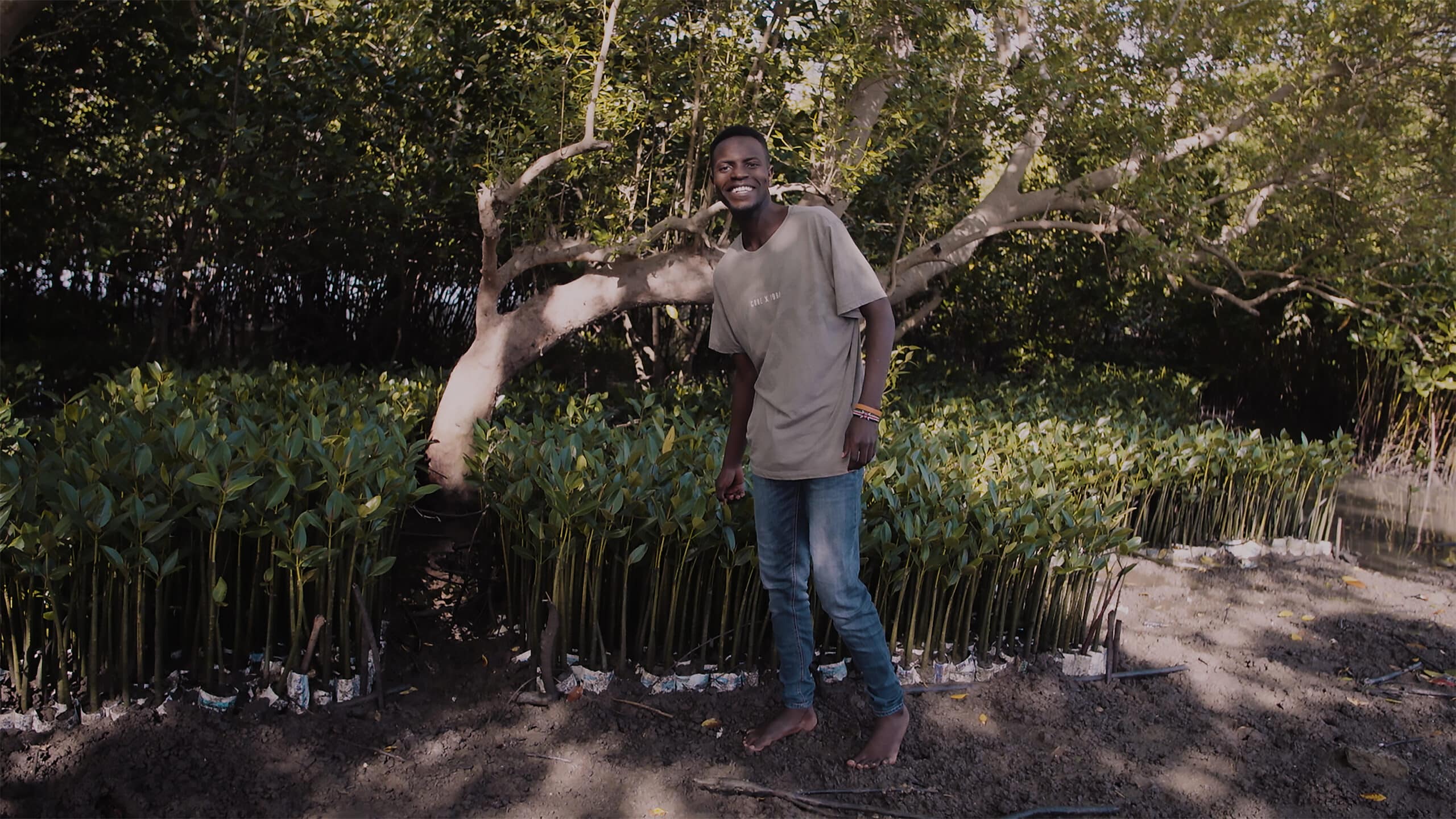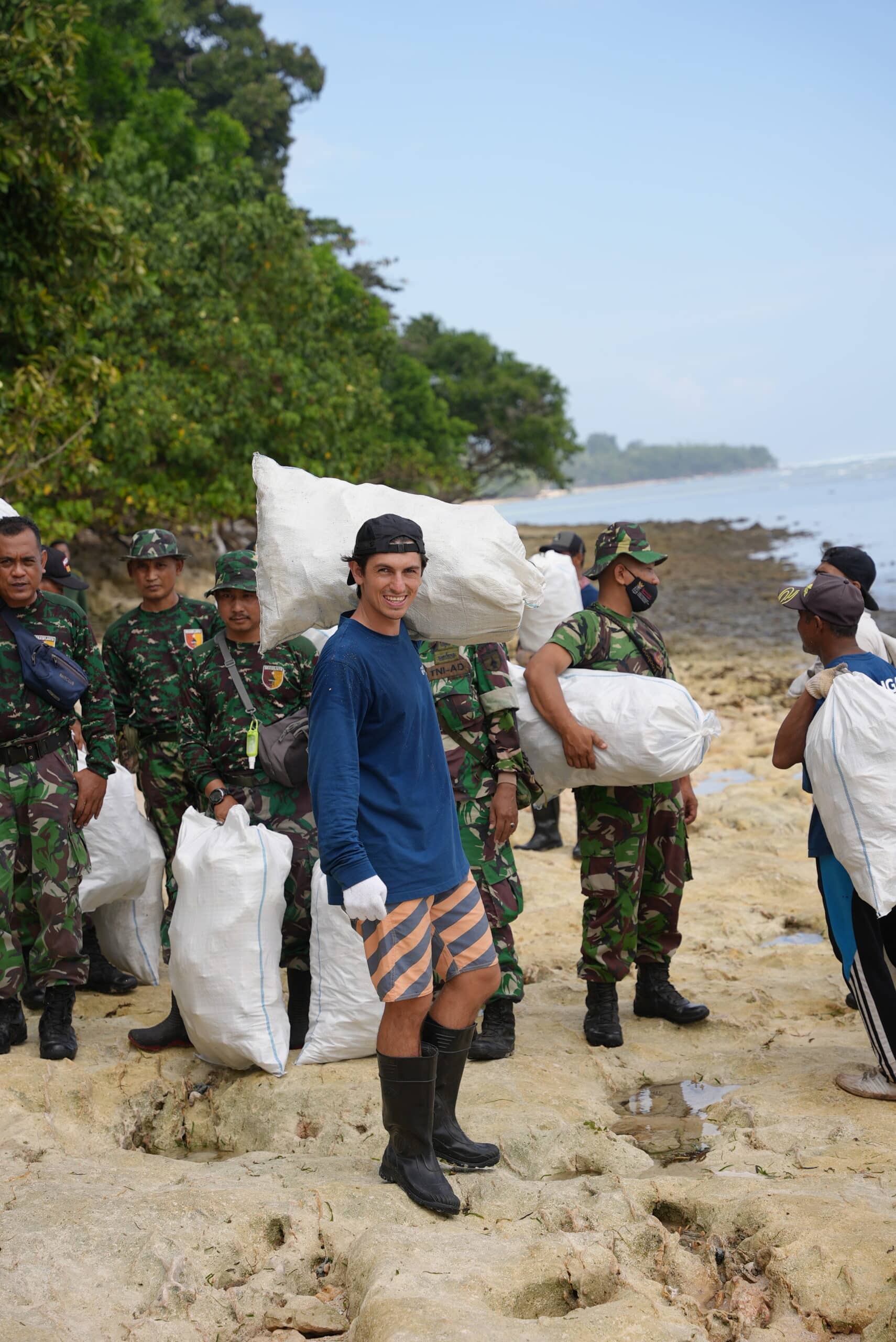I recently found myself in conversation with a philanthropist who was questioning my conviction that young people hold the answers to the climate and nature crisis. He was being deliberately provocative, but his challenge alluded to a perception that many funders have – that funding young people is risky and ineffective, especially in comparison to adults who have “more life and work experience”. Whilst there is, of course, no silver bullet when it comes to tackling the climate breakdown, my experience working at The Iris Project has taught me this: given the scale of the calamity that we face, it would be far more risky not to fund young people and the solutions that they hold.

Yazid Mikail, Iris Project Youth Advisor
Last year, Elizabeth Wathuti, an Iris Prize judge, questioned those who have repeatedly suggested that young people are the leaders of tomorrow. As she rightly argued, young people are already leading the way – whether legally challenging world leaders for their commitments to new oil and gas licensing, calling for climate reparations or trying to prevent the destruction of the world’s remaining tropical forests. We built The Iris Project to shine a light on this leadership, and to prove to donors that putting trust and funds in the hands of young people is one of the most effective means we have of ensuring a liveable future.
Youth movements are dynamic and innovative. They’ve re-shaped the narrative around what we now call a ‘climate emergency’, and refused to listen to those who have tried to convince them that a capitalist system is the only system worth living under. They have imagined a new and more equitable way of doing things, and have broken down the barriers that blocked young people’s voices in the halls of power.
Despite all this, youth-led climate movements are currently massively underfunded with only 0.76% of institutional climate funding being directed towards young people. This year’s ‘Iris Prize’ winners’ initiatives are proof that young people and their solutions are worth investing in, and we’re so proud to be able to support them.

Maria Kameta, Seed Prize Winner 2022, Malawi
21-year-old Maria Kameta has launched her ‘Clean and Efficient Energy for All’ project in Malawi. It aims to counter deforestation and improve community health by developing energy-efficient cooking stoves and fuel briquettes, in place of firewood taken from Malawi’s increasingly depleting forests. As Maria argues, improving access to clean cooking is one of the most effective ways to improve public health, reduce carbon emissions, promote gender equity, and address longstanding environmental injustices. Maria has achieved so much already: she’s recruited and trained 100 school students to construct the stoves and trained local women in the community to learn how to make the fuel briquettes, all whilst preparing for and having her first child!

Steve Misati, Stem Prize Winner 2022, Kenya
The ‘Mangrove Restoration Eco-Project’ is led by 22-year-old Steve Misati in Mombasa, Kenya. He’s working to recover a deforested coastal area which was formerly covered by mangrove trees and other marine plant species. A key focus of Steve’s project is running educational workshops which train local communities about the importance of mangrove ecosystems, including their ability to filter pollutants from the water, protect coastal areas from flooding and sequester vast amounts of carbon-dioxide. Steve completed the first phase of his project last week, gathering over 60 volunteers to plant 2,218 mangrove propagules in just one day.

Sam Bencheghib, Iris Prize Winner 2022, Indonesia/USA
25-year-old Sam Bencheghib started ‘Sungai Watch’ with his siblings Kelly and Gary Bencheghib in 2020. After running 3,000 miles across America to raise awareness about ocean plastic pollution, Sam started this initiative based in Bali, Indonesia. Sungai Watch works to protect Indonesia’s waterways by installing barriers that prevent plastic pollution from entering the Pacific and Indian Ocean. He is also working with the local community to collect, sort and upcycle plastic pollution from rivers and mangroves. Sungai Watch uses the river barrier technology as a tool to educate local communities about plastic pollution, and build advocacy off the back of plastic data they collect. They are on a mission to place trash barriers in every river in Indonesia by 2025 and have already begun making plans to roll out the technology across the Philippines.
The Iris Project is led by young people, for young people. Our seven youth advisors are from Fiji, Nepal, Nigeria, Liberia, Ecuador, the United States and Macedonia. These seven individuals are the reason our inaugural year has been a success. They understand intersectionality and collaboration, they are the front line voices with lived experience of the way their communities are experiencing the climate crisis. These advisors and our prize winners provide the evidence-base needed to prove that trust-based investment in young people’s solutions is invaluable when it comes to tackling the climate crisis.

